Prudhomme calls for ban on power meters at Tour de France
Devices 'annihilate the glorious uncertainty of sport', says race director
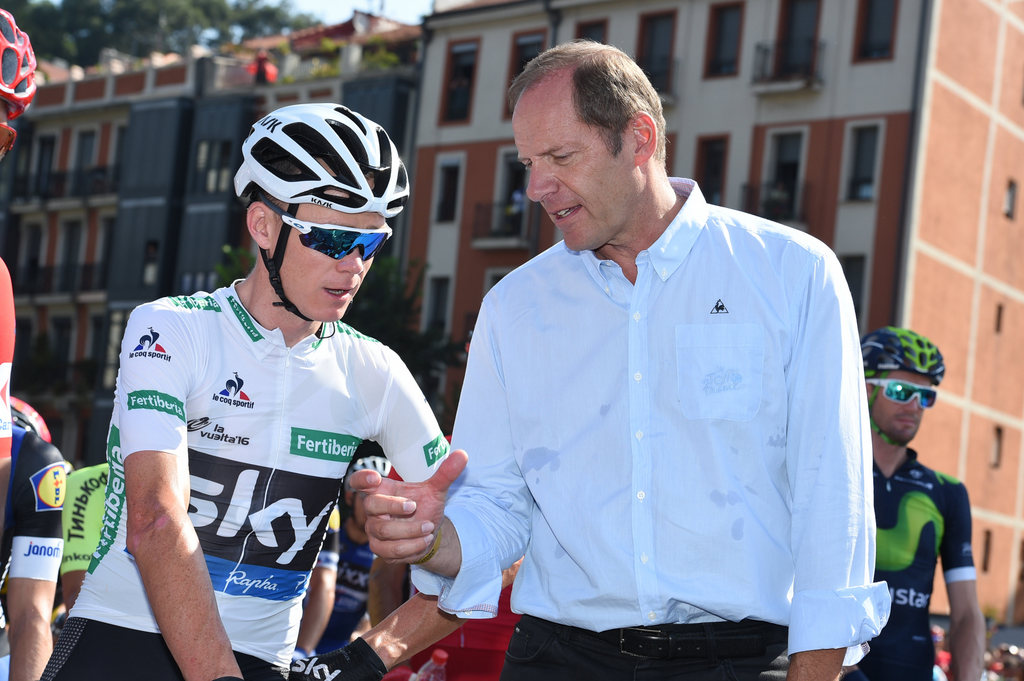
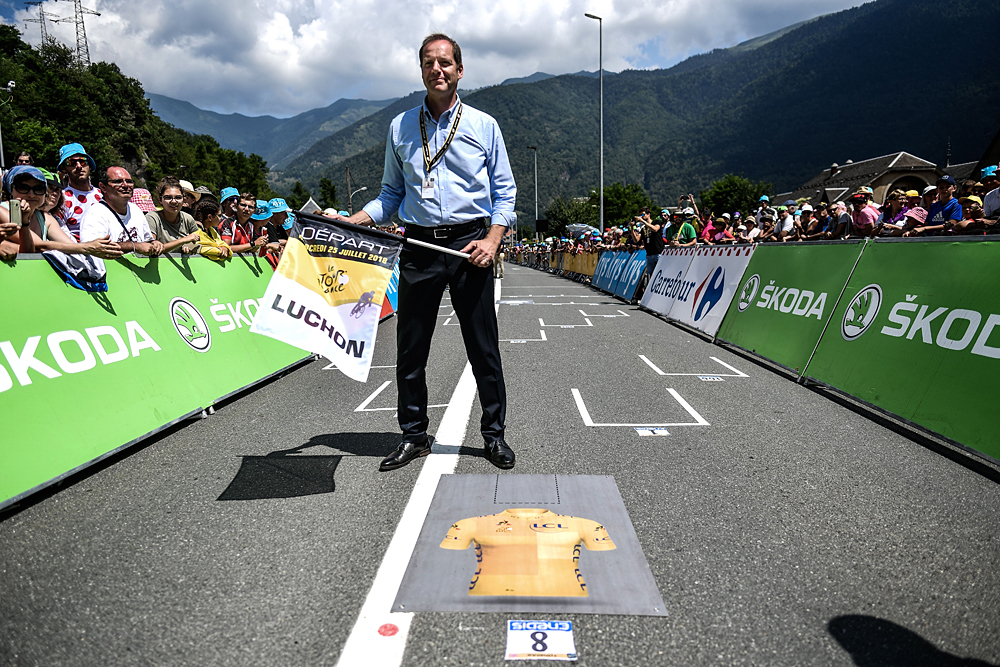
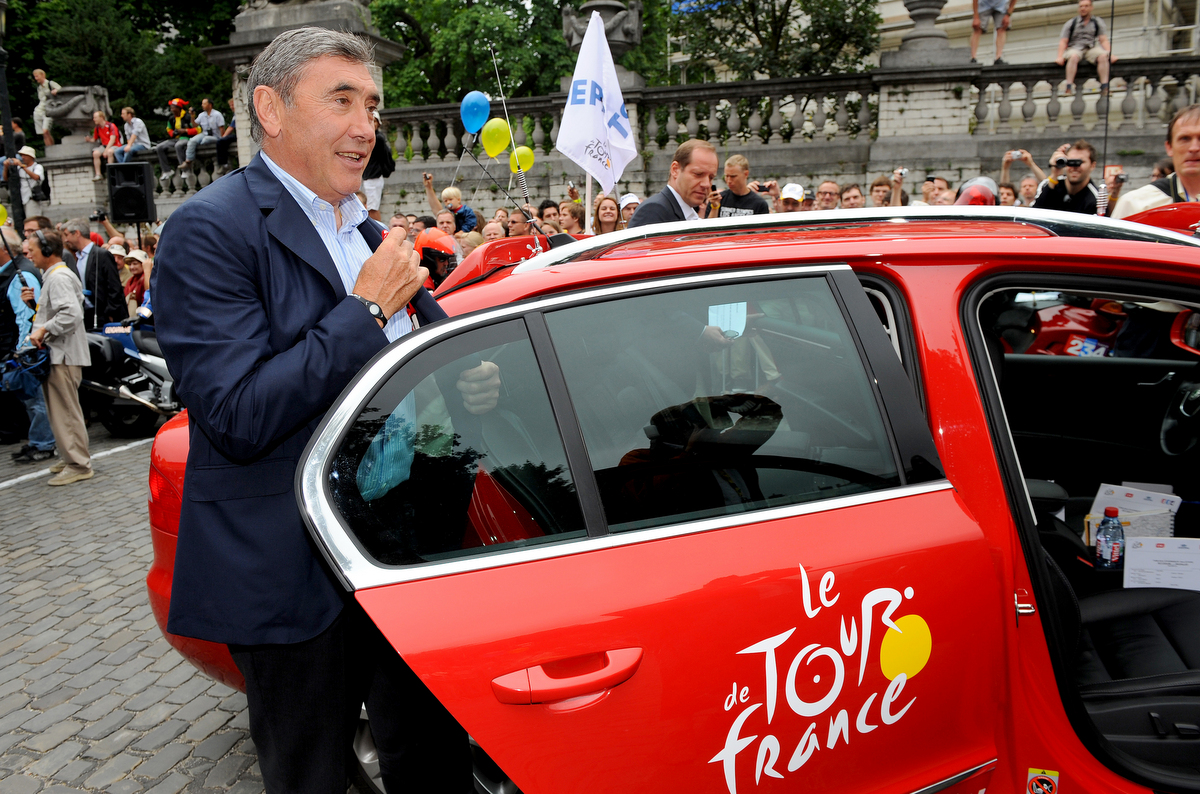
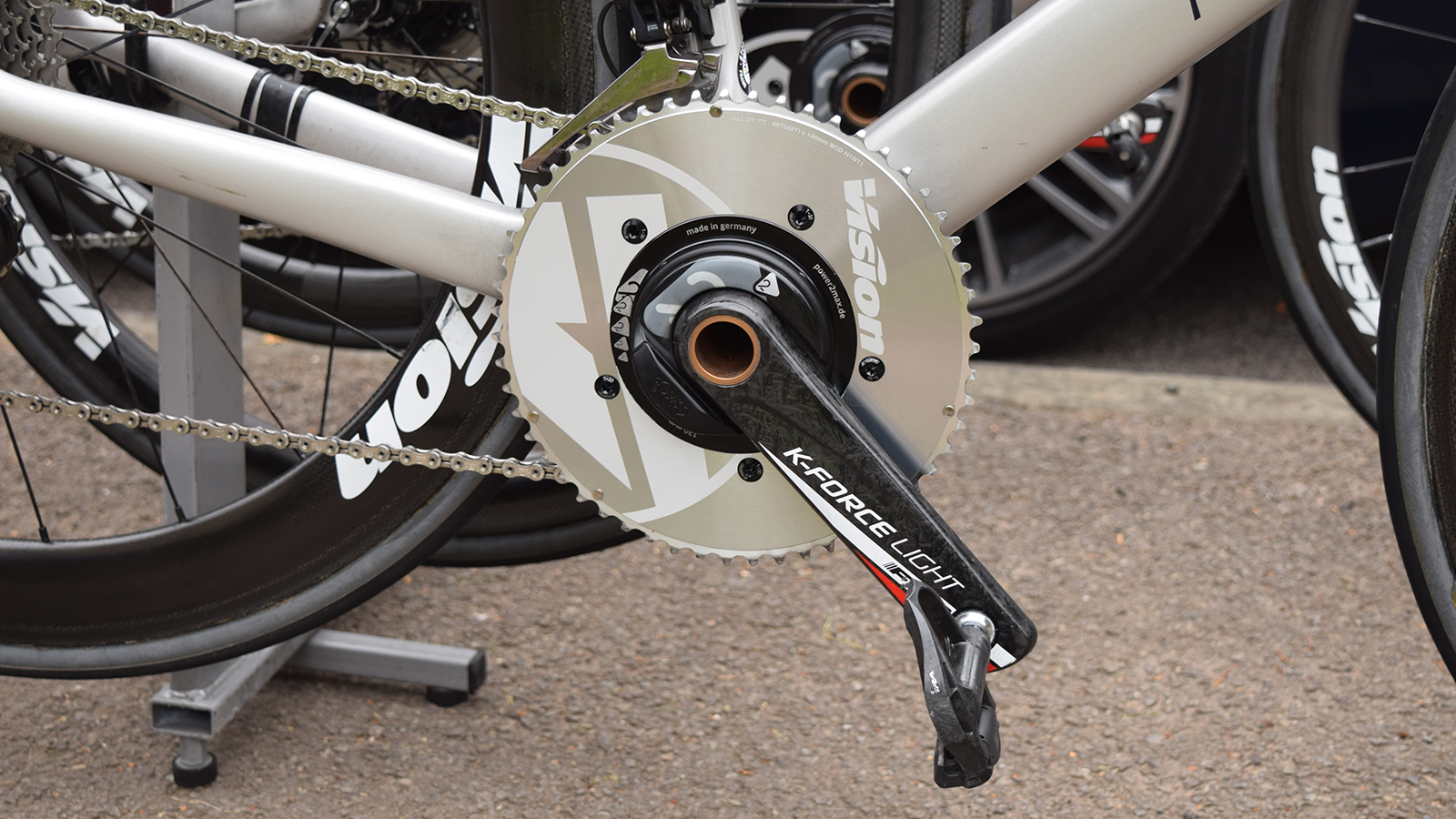
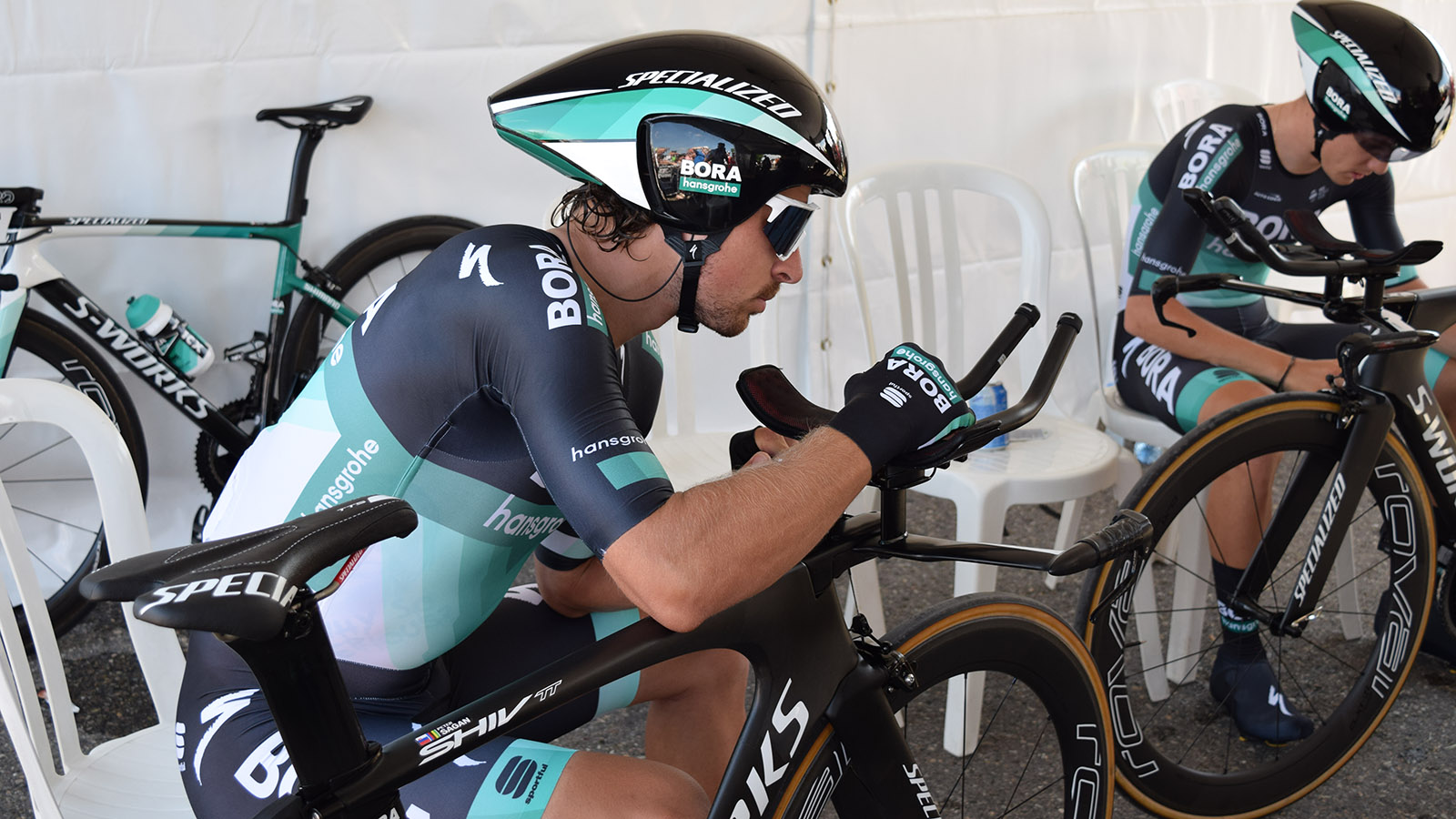
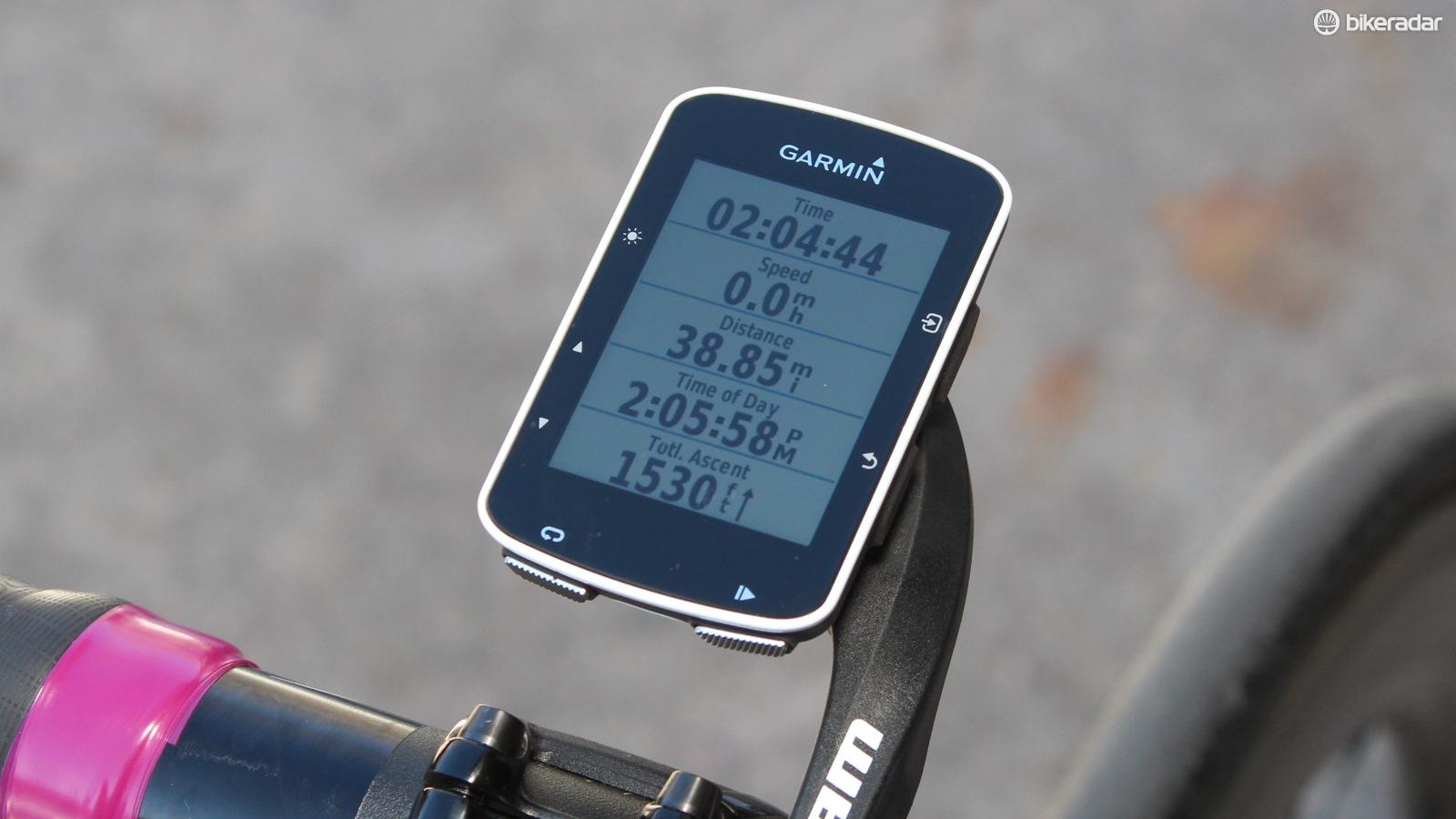
After presenting the route of the Tour de France each year, Christian Prudhomme concludes by delivering something akin to a brief state of the union address, outlining the concerns of organiser ASO. The race director this year availed of the platform to call for a ban on the use of power meters in competition.
"We reassert our desire to see the end of power meters in races, which annihilate the glorious uncertainty of sport," Prudhomme said in his closing remarks.
Team Sky's dominant tempo riding in the high mountains has been a hallmark of the Tour de France in recent years, and the race's predictability has contrasted with the rather more inventive fare offered up on the Giro d'Italia and Vuelta a España in the same period.
Last year, teams were reduced to eight riders with little obvious impact on race tactics. With a preponderance of medium mountain stages and with time bonus sprints on eight mountain stages, the route of the 2019 Tour has been designed in the hope of inspiring more aggressive racing.
Prudhomme seems to accept, however, that the route alone cannot change the tenor of the modern Tour de France.
"It's up to the UCI, but I'm saying what I think to stimulate things," Prudhomme told reporters afterwards of his call for a ban of the use of power meters.
"Power meters are very useful in training but when riders use them in a race it means they know exactly what kind of efforts they need to make – for how long and at this or that level. But if a rider wasn't sure that he still had enough strength, that would change things."
Get The Leadout Newsletter
The latest race content, interviews, features, reviews and expert buying guides, direct to your inbox!
A decade ago, the Tour organisation held a similarly dim view of radio earpieces, and attempts were made to prohibit their use on two stages of the 2009 race. The experiment was discontinued after a deliberate go-slow on stage 10, and Prudhomme downplayed the idea of banning them now.
"Getting rid of earpieces wouldn't change much. Not having earpieces could be useful to avoid having crashes, that's sure, but the battle today is focused far more on power meters than on earpieces," Prudhomme said on Thursday.
What about the Velon data?
Prudhomme's thoughts were echoed by the Tour's technical director Thierry Gouvenou, the man responsible for designing the route each year. Speaking after the lights went up in the Palais des Congrès, Gouvenou said that prohibiting power meters would make the race more open.
"I'm realising more and more that people want a less controlled, less predictable style of racing. The public wants a kind of cycling where the riders are the main actors, not the directeurs sportifs or the equipment," Gouvenou said.
UCI president David Lappartient has previously expressed his concerns about the effects of power meters on races, but any attempt to limit their use in competition is certain to meet with stiff opposition from teams – not least because the publication of in-race power data is one of the key planks of the business model Velon, the commercial association formed by a number of WorldTour teams in 2014.
"Everybody needs to realise that it could be good for cycling in general. We could try some stages with power meters or without earpieces – why not? – to give value to the riders once again, to reward tactical invention," Gouvenou said.
"I think that everybody needs to realise it. The public has already realised it. I think the organisers realise. Now it's up to the teams, the riders to realise it and to work together to try to find a solution – or at least try. We need to try."
Olympic champion Greg Van Avermaet, present at the Tour presentation on Thursday, was nonplussed by attempts to curb the use of power meters and questioned whether the measure would make any material difference.
"GC-wise, I don't know, but I can talk for myself: I have never really looked at my power meter, for me, it's about emotion and how you feel and how deep you can go. I only use my meter for looking afterwards to see how hard it was on my body," Van Avermaet said.
"For me, I don't think it makes any difference."

Barry Ryan was Head of Features at Cyclingnews. He has covered professional cycling since 2010, reporting from the Tour de France, Giro d’Italia and events from Argentina to Japan. His writing has appeared in The Independent, Procycling and Cycling Plus. He is the author of The Ascent: Sean Kelly, Stephen Roche and the Rise of Irish Cycling’s Golden Generation, published by Gill Books.